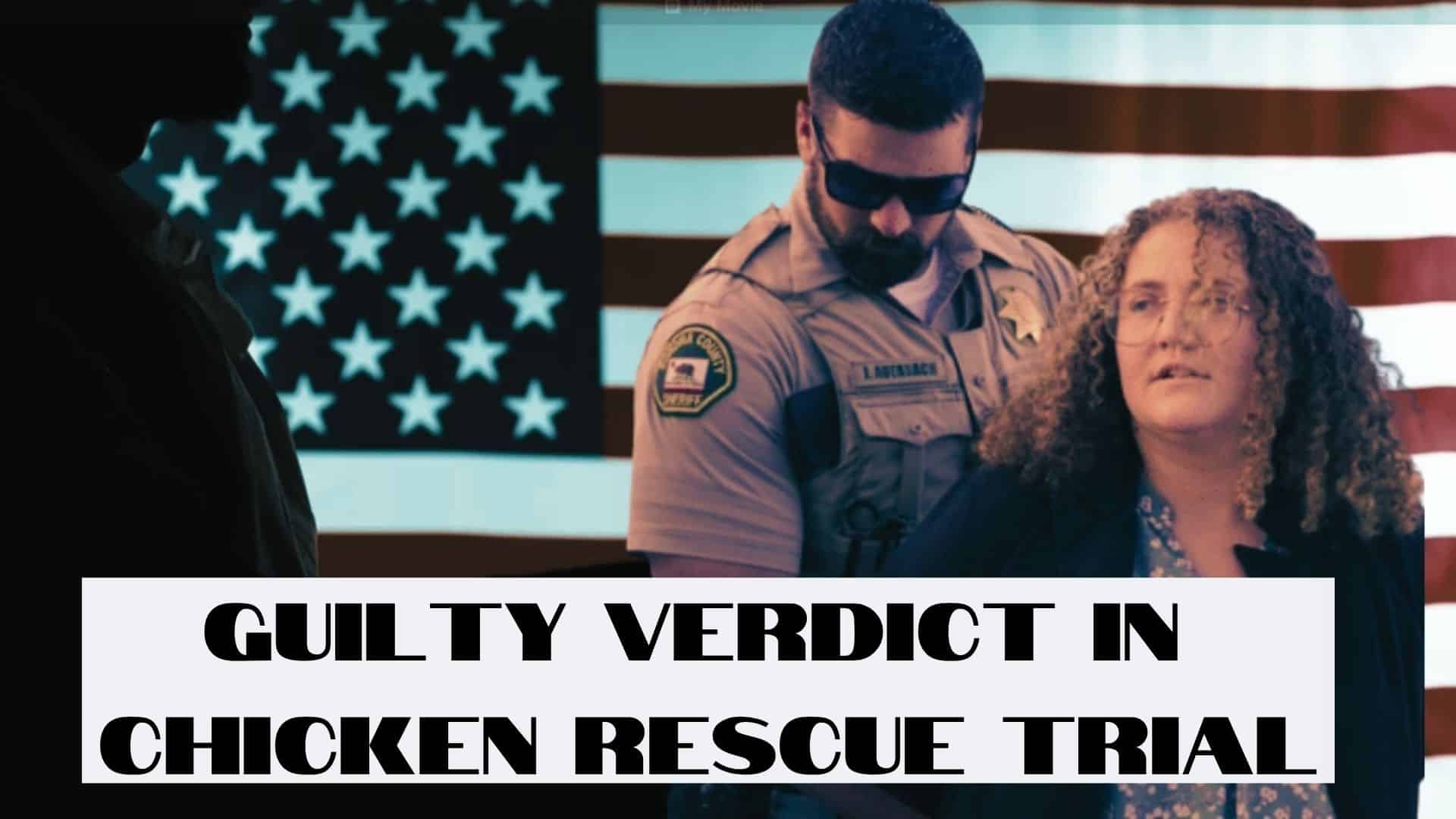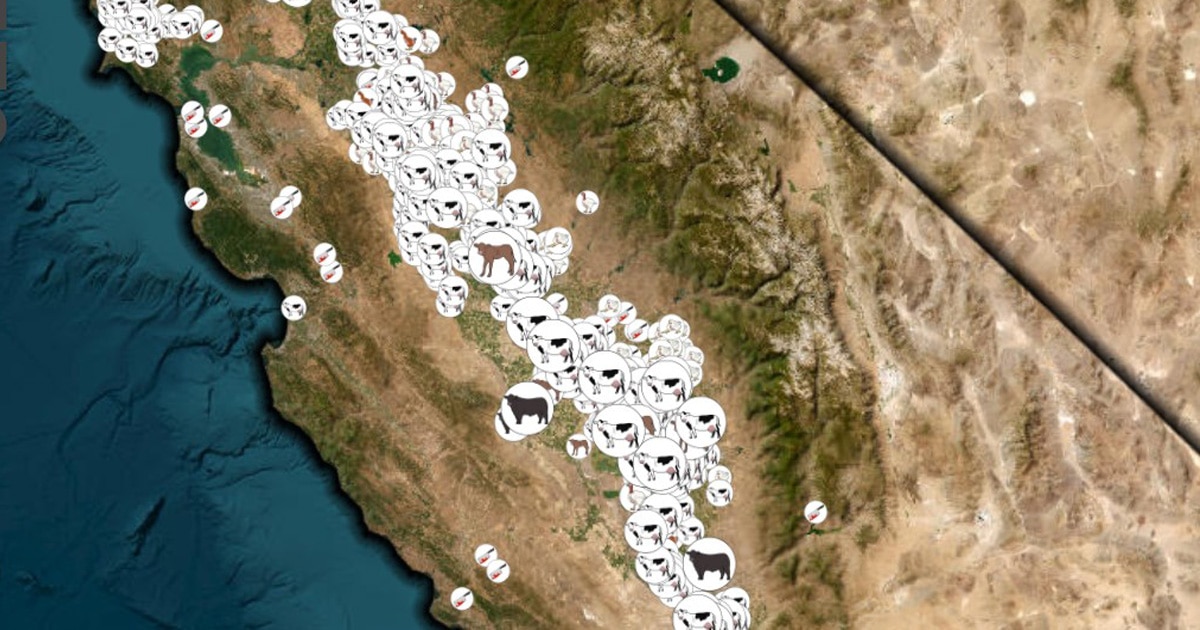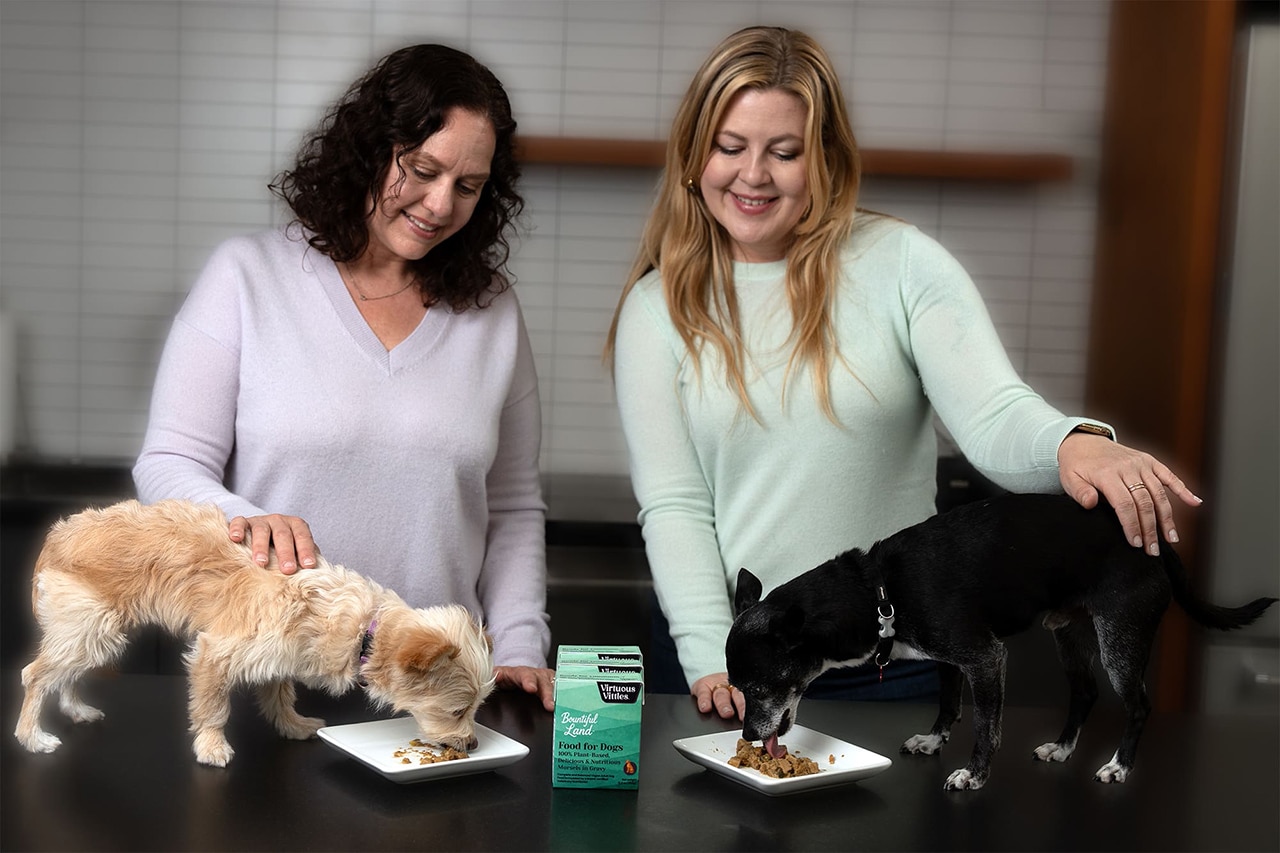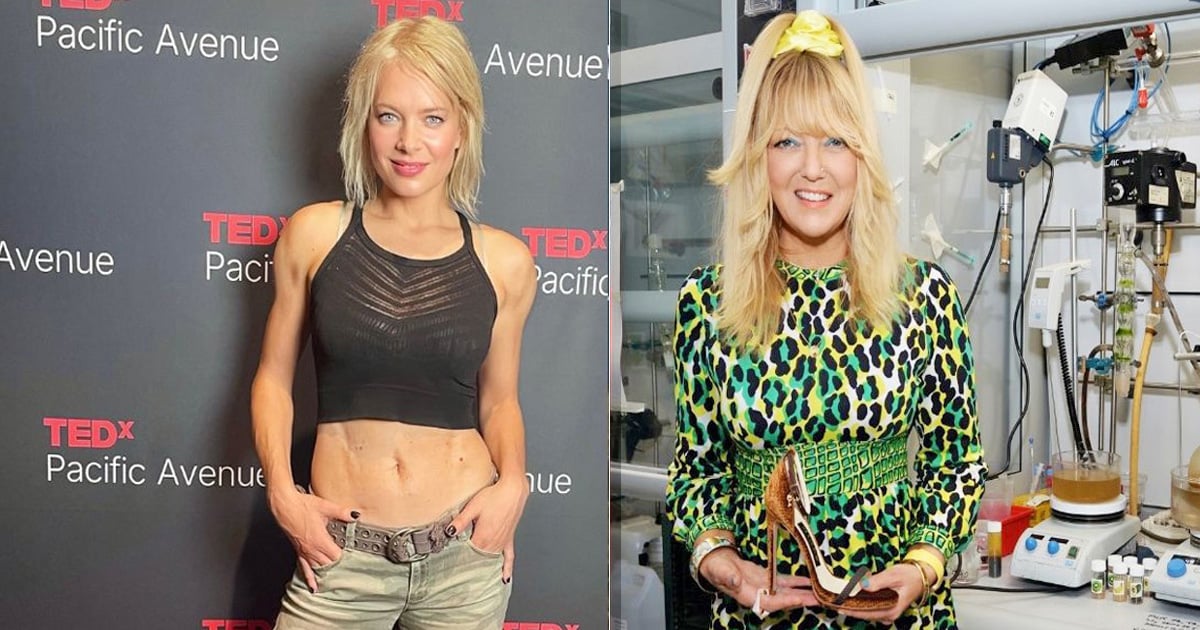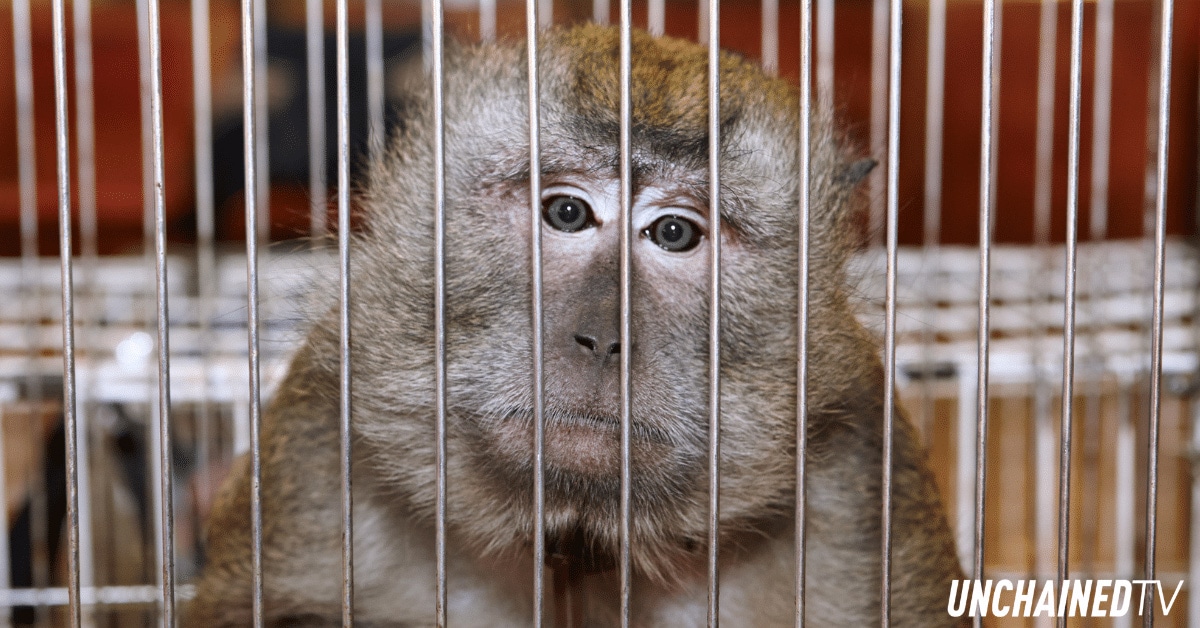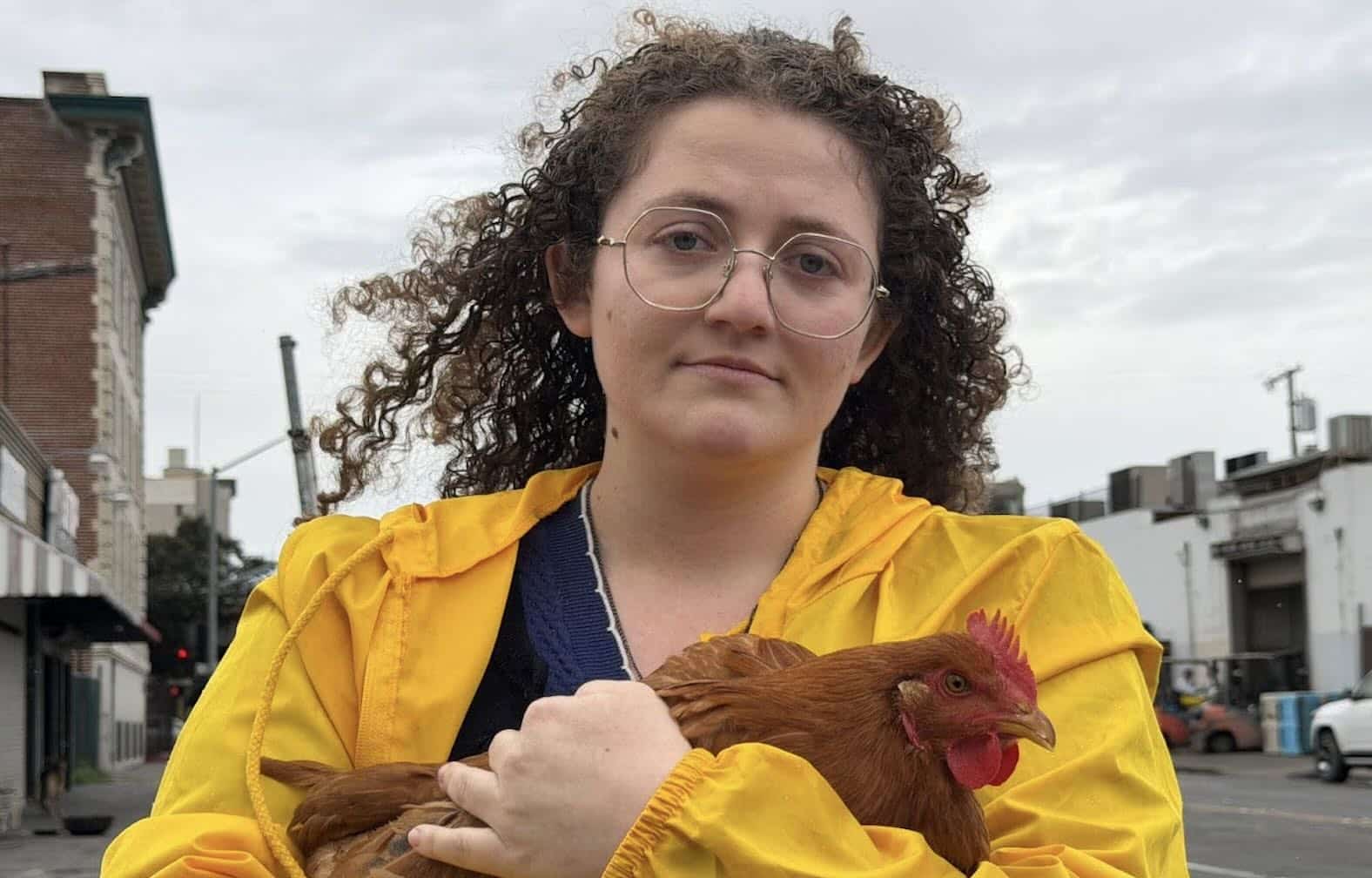Zoe Rosenberg Verdict: Guilty on All Counts in Chicken Rescue Trial
Share This
In a landmark verdict delivered on October 29, 2025, a Sonoma County, California jury found animal rights activist Zoe Rosenberg guilty on all counts in the high-profile Chicken Rescue Trial.
Los Angeles, California, October 29th, 2025 – The 23-year-old UC Berkeley student and veteran animal rights campaigner was convicted of one felony conspiracy charge and three misdemeanors—two counts of trespassing and one count of vehicle tampering—stemming from her June 13th, 2023, rescue of four chickens at the Petaluma Poultry facility, a slaughterhouse operation affiliated with Perdue Farms.
Rosenberg entered the Petaluma facility disguised as a worker and rescued four chickens she named Poppy, Ivy, Aster, and Azalea, showing the public video of the rescue in collaboration with Direct Action Everywhere (DxE). She contended that the birds were in extreme distress—covered in scratches and bruises, lethargic, and in need of urgent veterinary care—and said she acted out of moral necessity after authorities failed to intervene.
WATCH AS THE VERDICT COMES DOWN LIVE
After approximately three and a half hours of deliberation, the jury returned a verdict of guilty on all counts. Rosenberg now faces up to five years in prison, with sentencing scheduled for December 3, 2025. For organizations like DxE, the case underscores how difficult it remains to argue moral justification within a system that prioritizes property rights over animal welfare.
Rosenberg’s defense centered on the rescuer’s intent—that she believed her actions were legally and ethically justified to prevent unnecessary suffering. Her legal team sought to present a “necessity defense,” arguing that the chickens’ dire conditions required immediate intervention. The court, however, did not permit that argument, limiting the defense’s ability to frame the act as an emergency rescue. They also limited the amount of footage of chickens that jurors could see, video that could have bolstered the defendant’s cruelty allegations in the eyes of the jurors.
Prosecutors emphasized the rule of law, insisting that Rosenberg’s motives did not negate the illegality of trespassing. They described the action as an organized conspiracy designed to attract publicity rather than alleviate animal suffering. The company has denied the cruelty allegations calling Rosenberg and DxE extremists and insisting the company maintains high animal welfare standards.
Broader Impact and Activist Response
While Rosenberg lost the legal battle, she succeeded in achieving one of her main objectives—drawing global attention to the condition of chickens in factory farms and slaughterhouses. Major outlets, including The New York Times, The Associated Press, The Guardian, and others, covered the story extensively, sparking worldwide discussion about transparency, animal welfare, and the limits of lawful protest.
UnchainedTV provided live coverage every day of the trial, streaming more than 26 hours of live reporting across multiple platforms, making it one of the most comprehensive independent broadcasts of an animal-rights trial in U.S. history. The coverage reached audiences globally and became a touchstone for activists seeking to elevate awareness through independent media.
A New Push for Transparency
The Rosenberg case has also ignited a new wave of advocacy for greater transparency within animal agriculture. UnchainedTV has announced a campaign calling for a California statewide referendum that would require live video cameras broadcasting to the public from all factory farms and slaughterhouses in the state. The camera proposal, which aims to shine continuous light on the treatment of farmed animals, has already received interest from at least one California Assemblyman as well as an endorsement from DxE Co-founder Wayne Hsiung. Supporters argue that the measure would give consumers the ability to see the reality of industrial farming for themselves—potentially ushering in a new era of accountability in industrialized animal agriculture.
From the perspective of agribusiness leaders and prosecutors, the verdict reinforces the primacy of property rights. For activists, however, Rosenberg’s conviction is far from the end of the story. It is being heralded by many as a moral victory that exposes systemic cruelty and compels public dialogue about what “rescue” truly means when animals are treated as commodities. The case is also expected to influence future strategies within the animal-rights movement, including renewed efforts toward legislative reform and broader public education.
What Comes Next
Rosenberg’s sentencing in December will determine whether she faces prison time or a reduced penalty. Meanwhile, her legal team plans to appeal the conviction, potentially setting up a new stage for arguments over the moral and legal limits of rescue.
Regardless of the legal outcome, Zoe Rosenberg’s trial has already reshaped the conversation around animal welfare, factory-farming transparency, and the role of civil disobedience in the fight for animal rights. Through her conviction, she may have accomplished what she set out to do: force the world to look inside the walls of industrial farms and slaughterhouses —and not turn away.
Share This
Latest News
Stay Tuned In
Be the first to know when new shows drop! Plus, get the hottest headlines, inspiring stories, and behind-the-scenes extras. Sign up and keep streaming!
you might also like
A new California factory farm map reveals the scale, supply chains, and pollution footprint of more than 1,300 industrial animal facilities across the state. Jane Velez-Mitchell, Almira Tanner, and Matthew Zirbel Los Angeles, [...]
Virtuous Vittles is a vegan dog food that has a meaty texture dogs love. They might just think it's meat. Briana Schweizer and Lisbeth Merrill Los Angeles, February 19th, 2026 — Virtuous Vittles [...]
Two American Vegan Powerhouse Women unveil bold new ventures in fitness, food and fashion. Jane Velez-Mitchell, Nina Bergman, and Rebecca Mink Los Angeles, February 17th, 2026 — The latest episode of UnchainedTV’s Truth [...]

